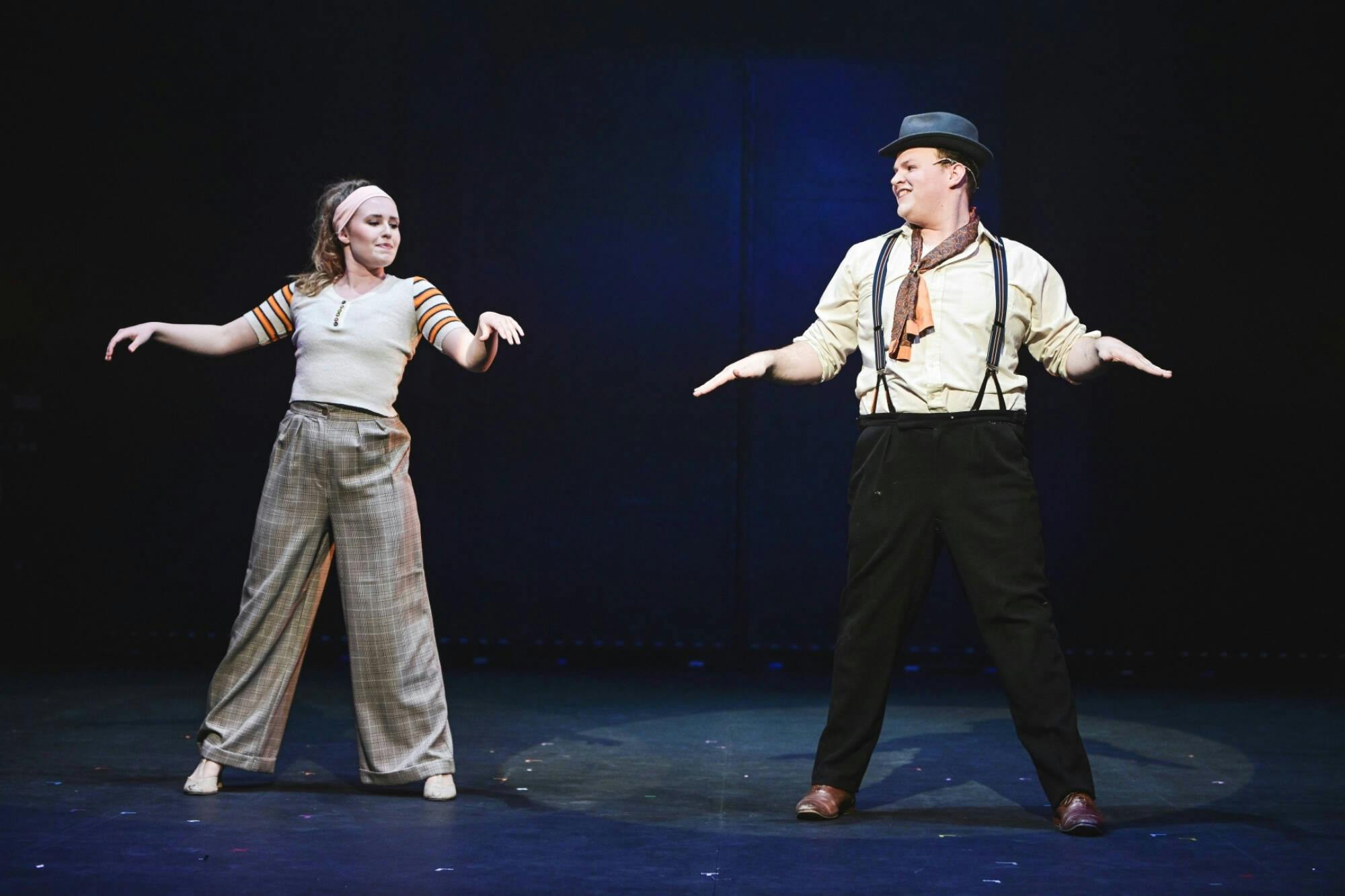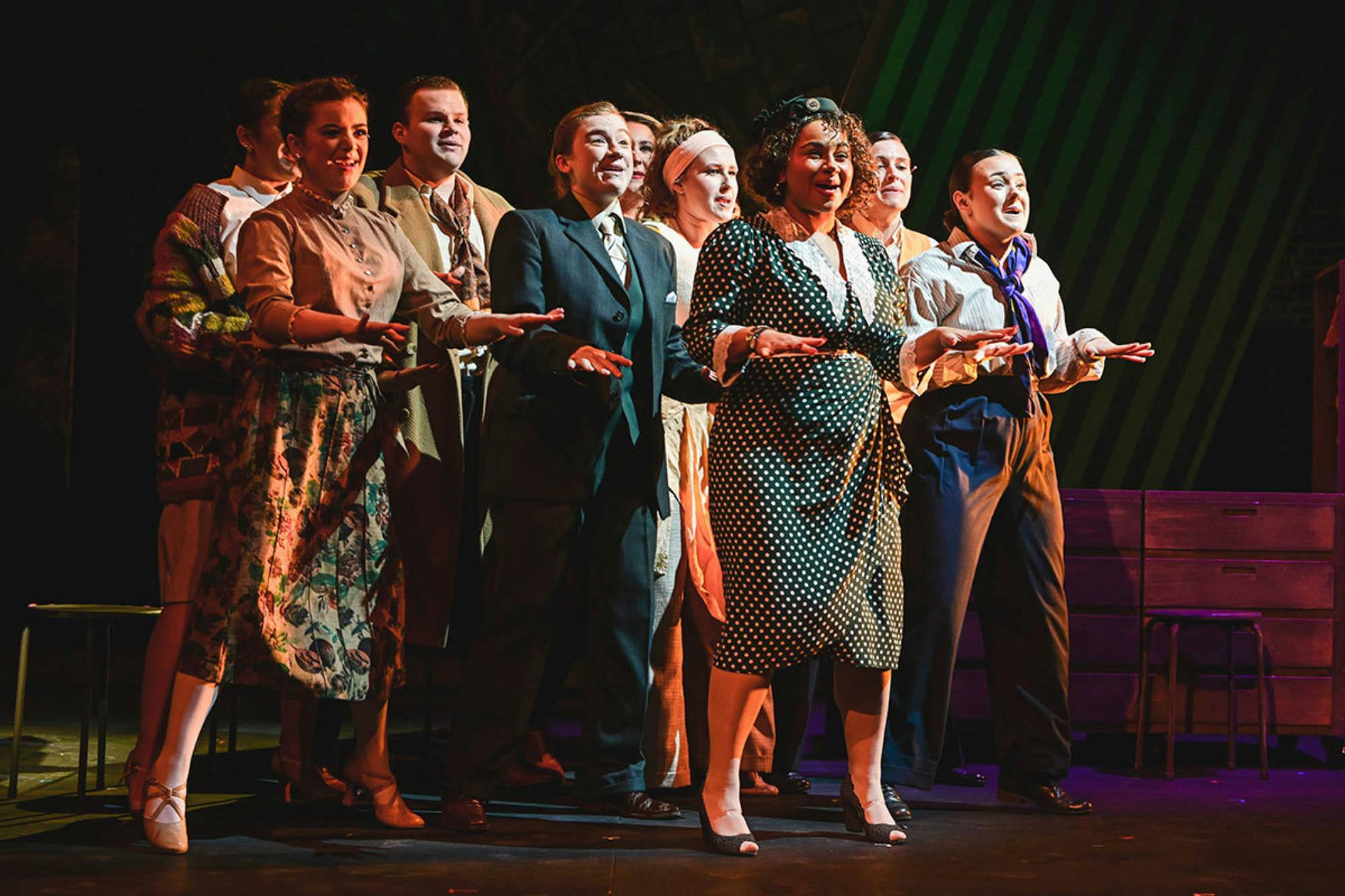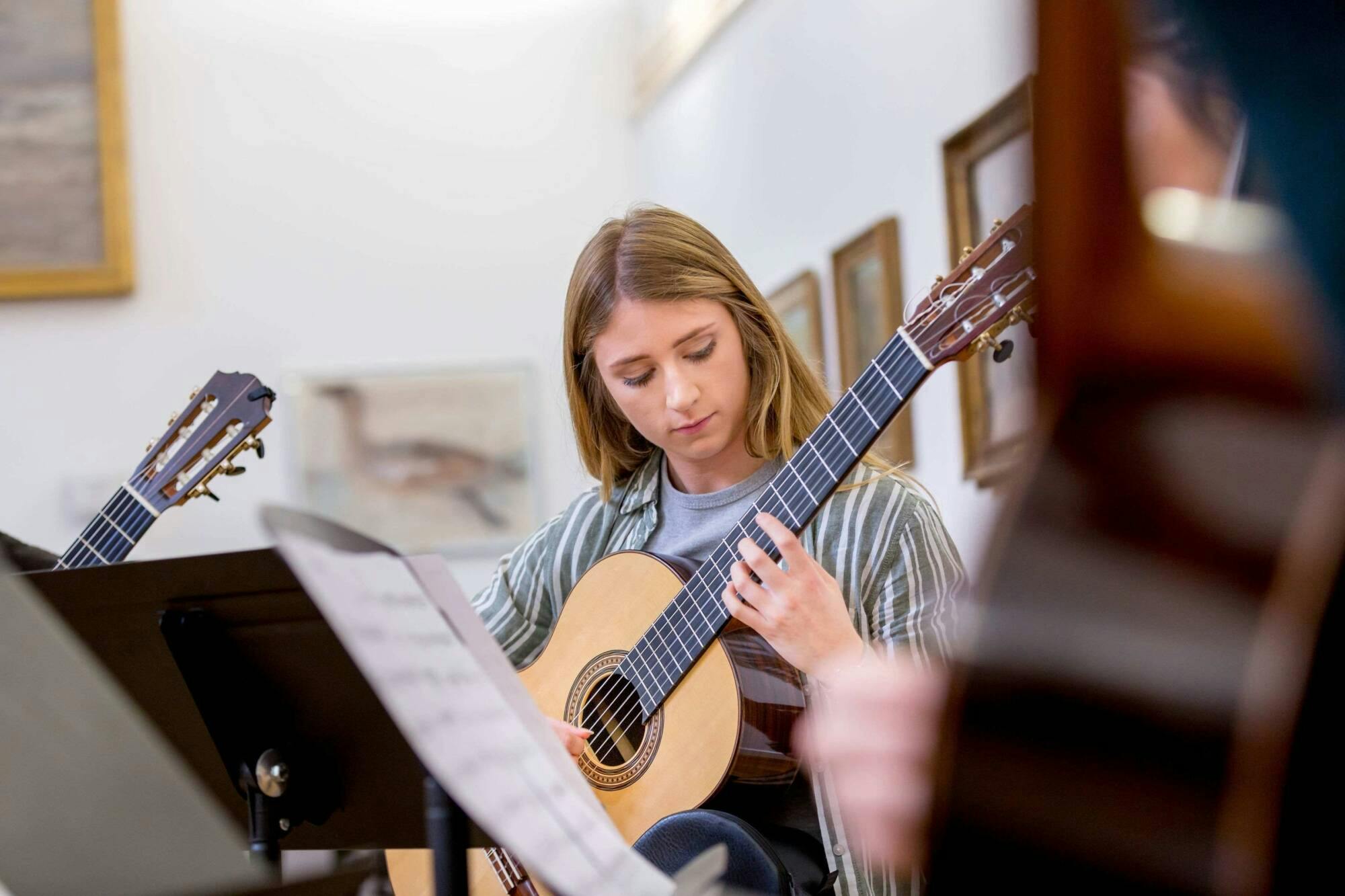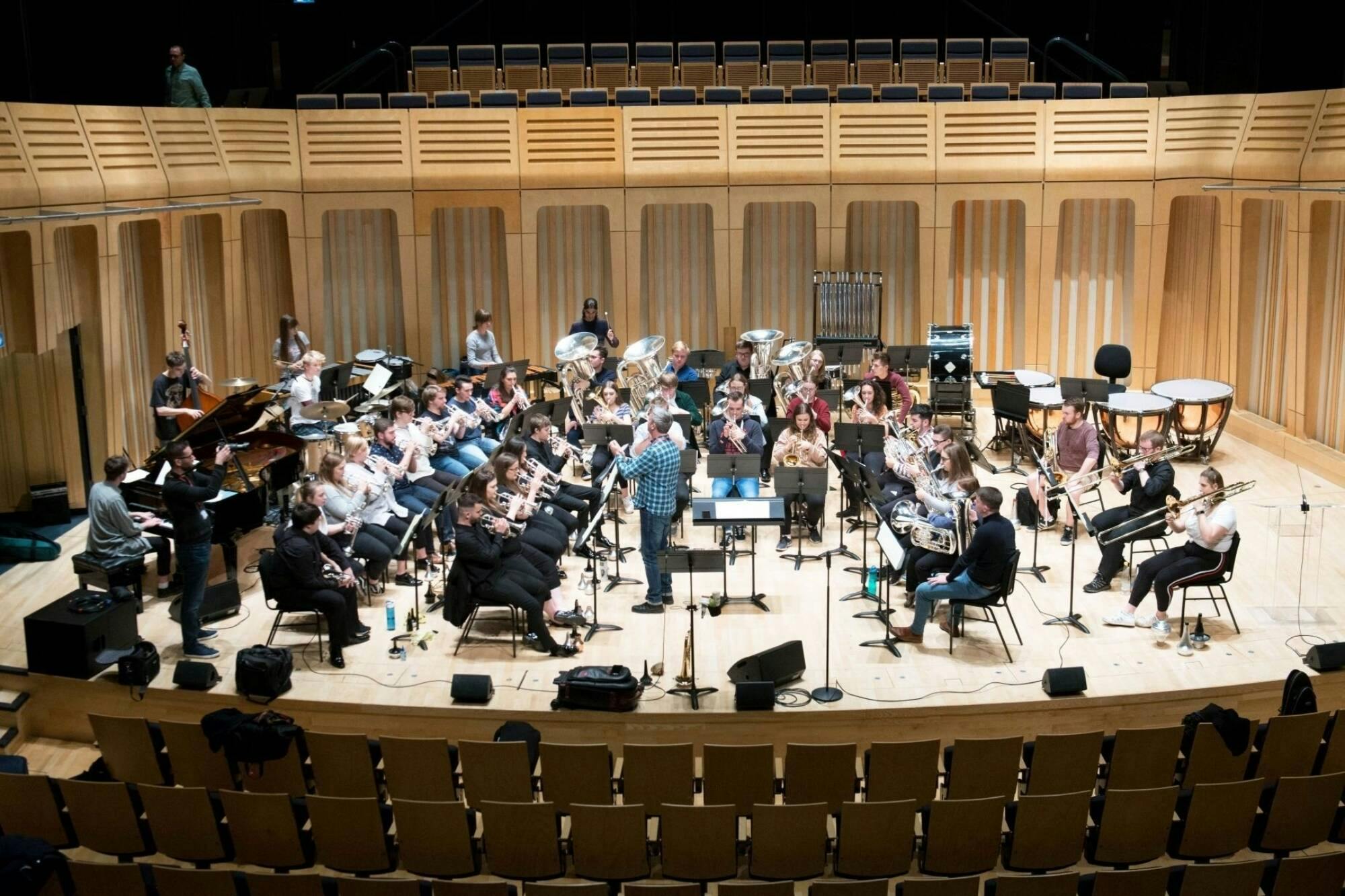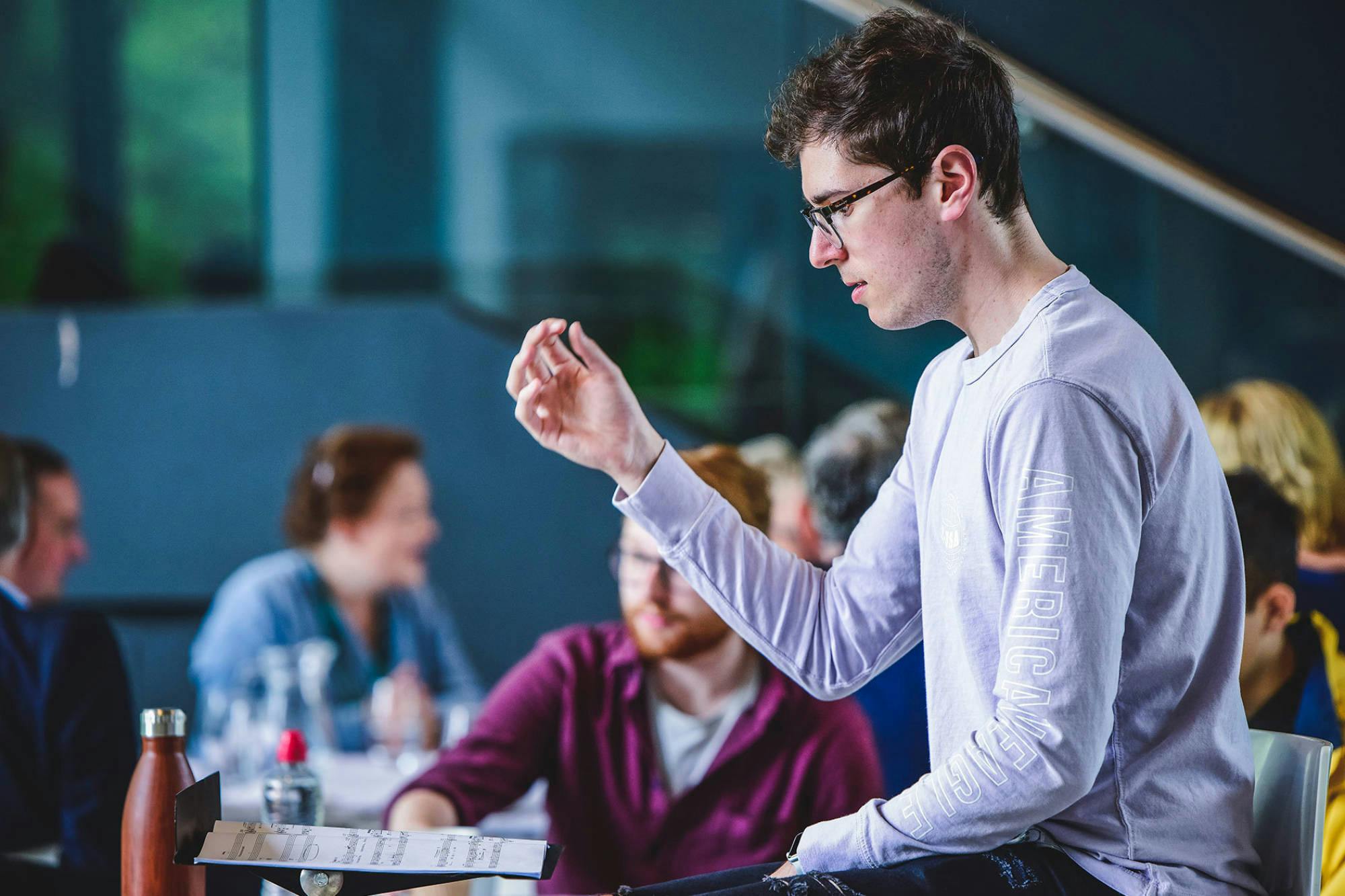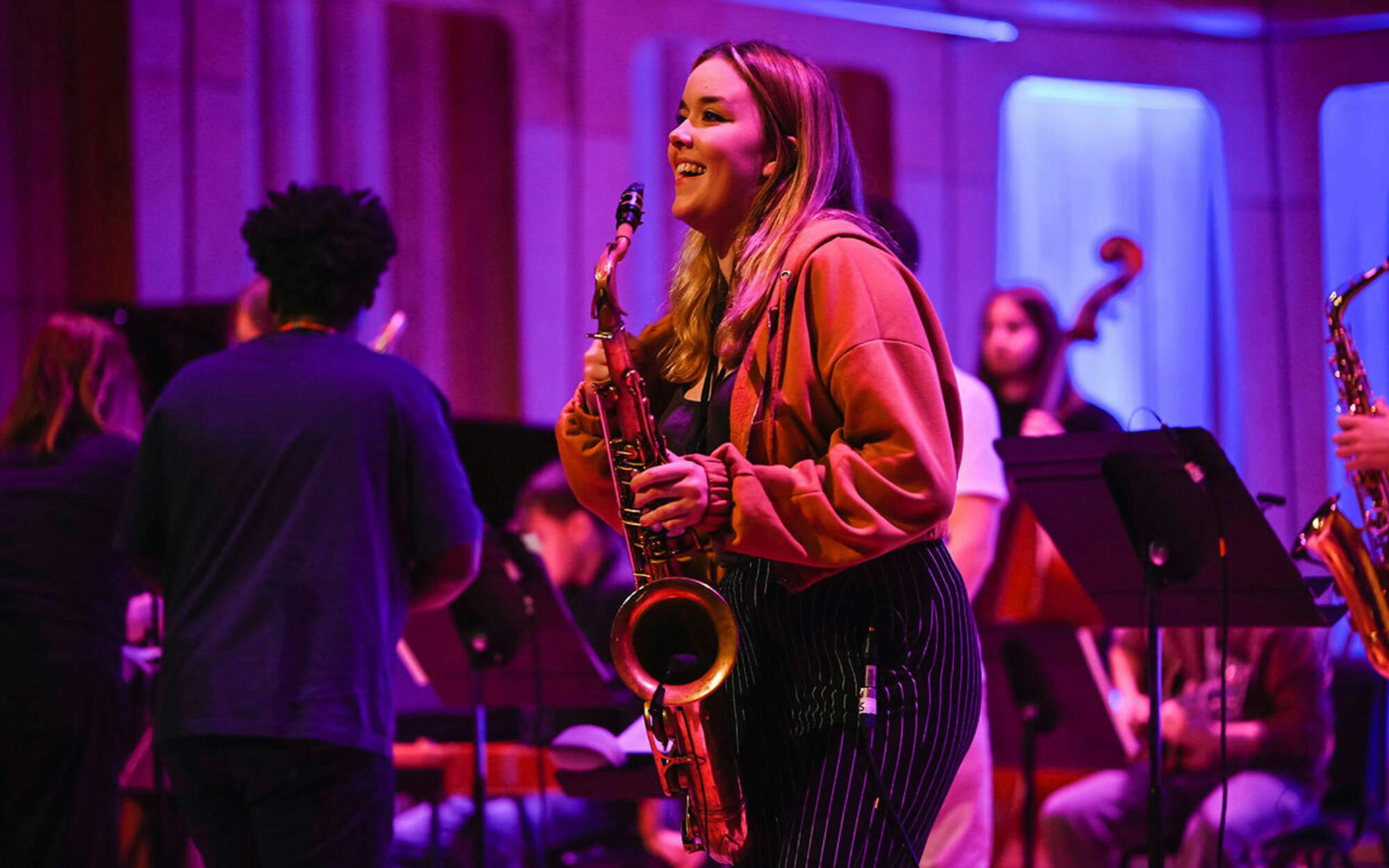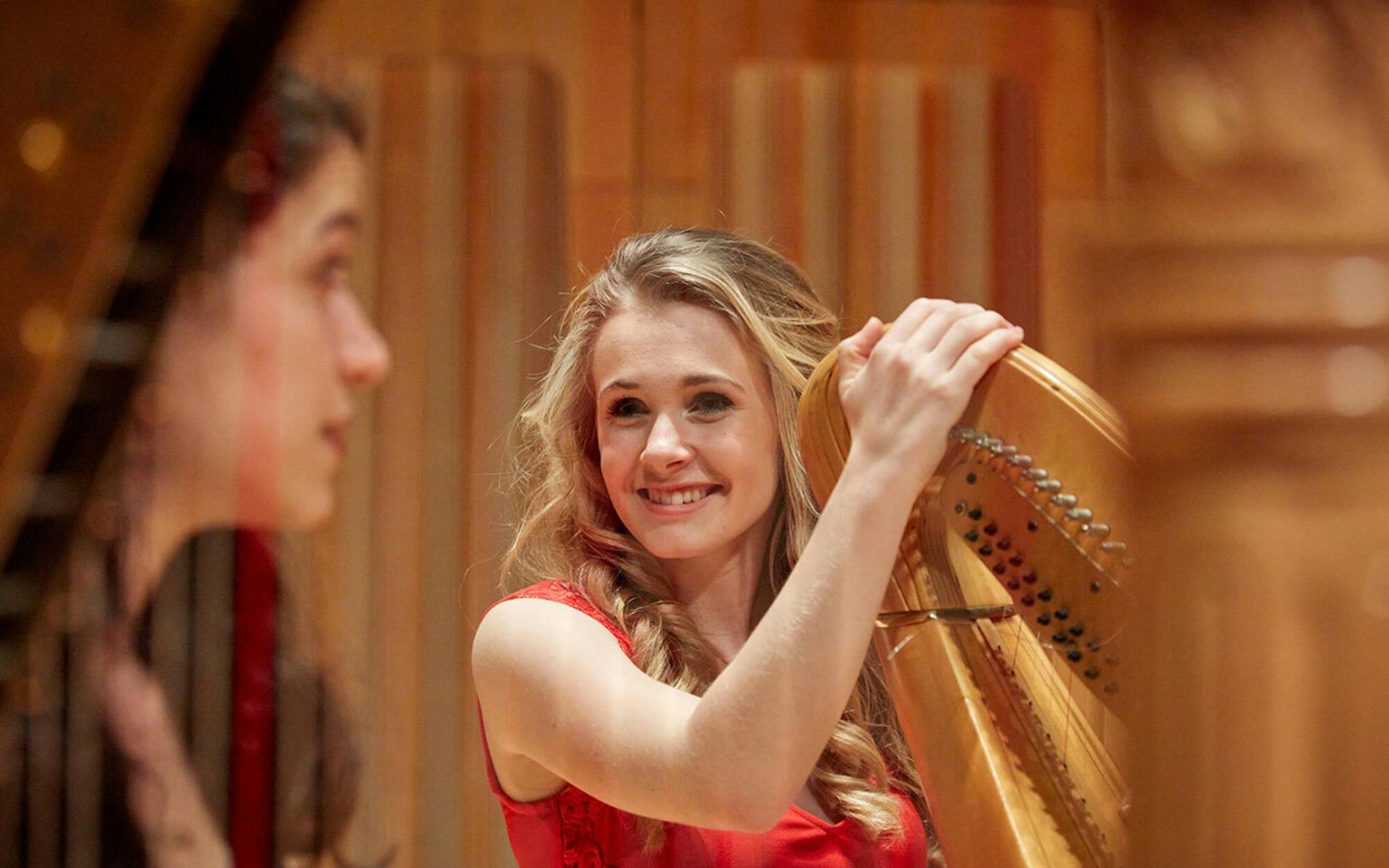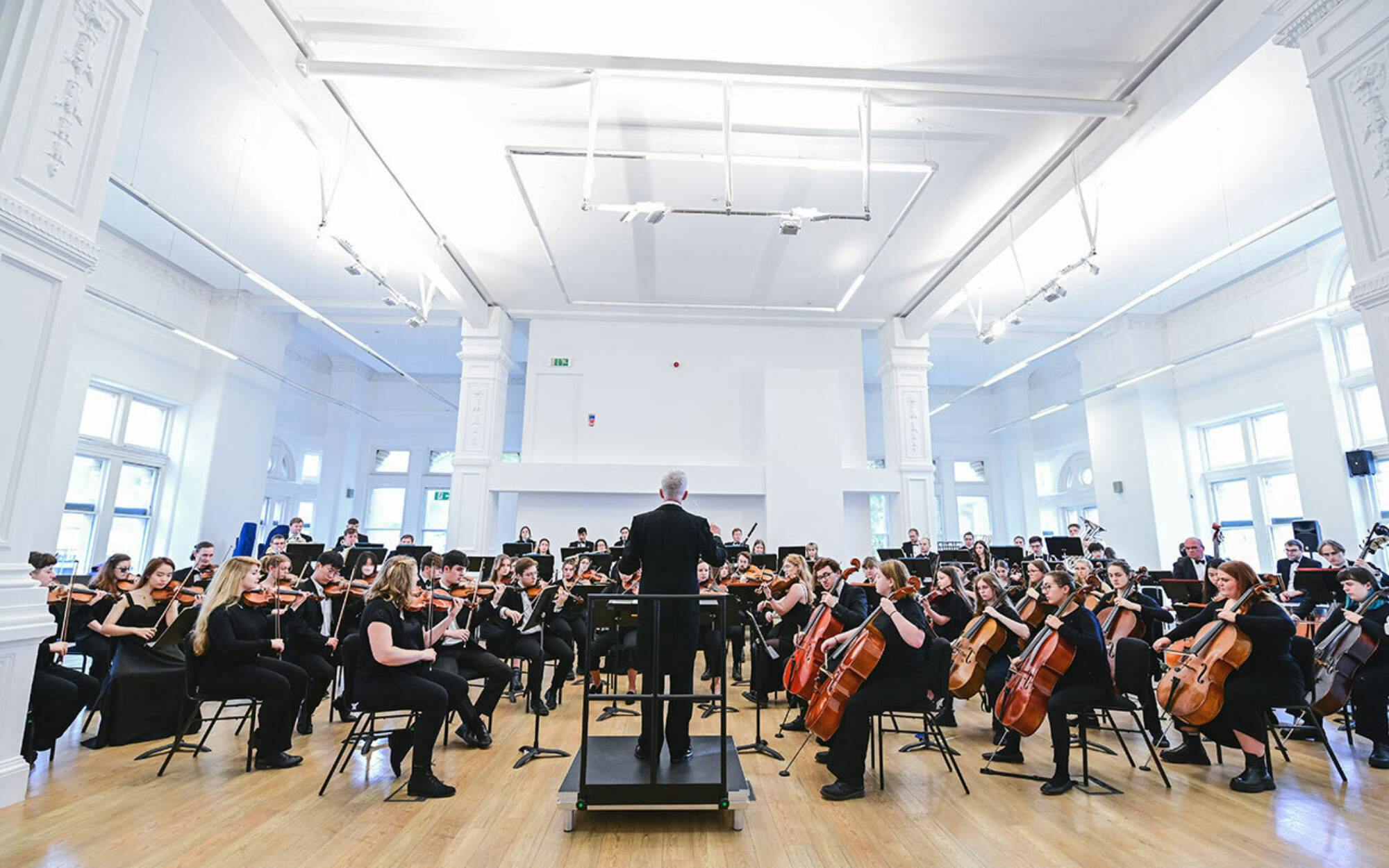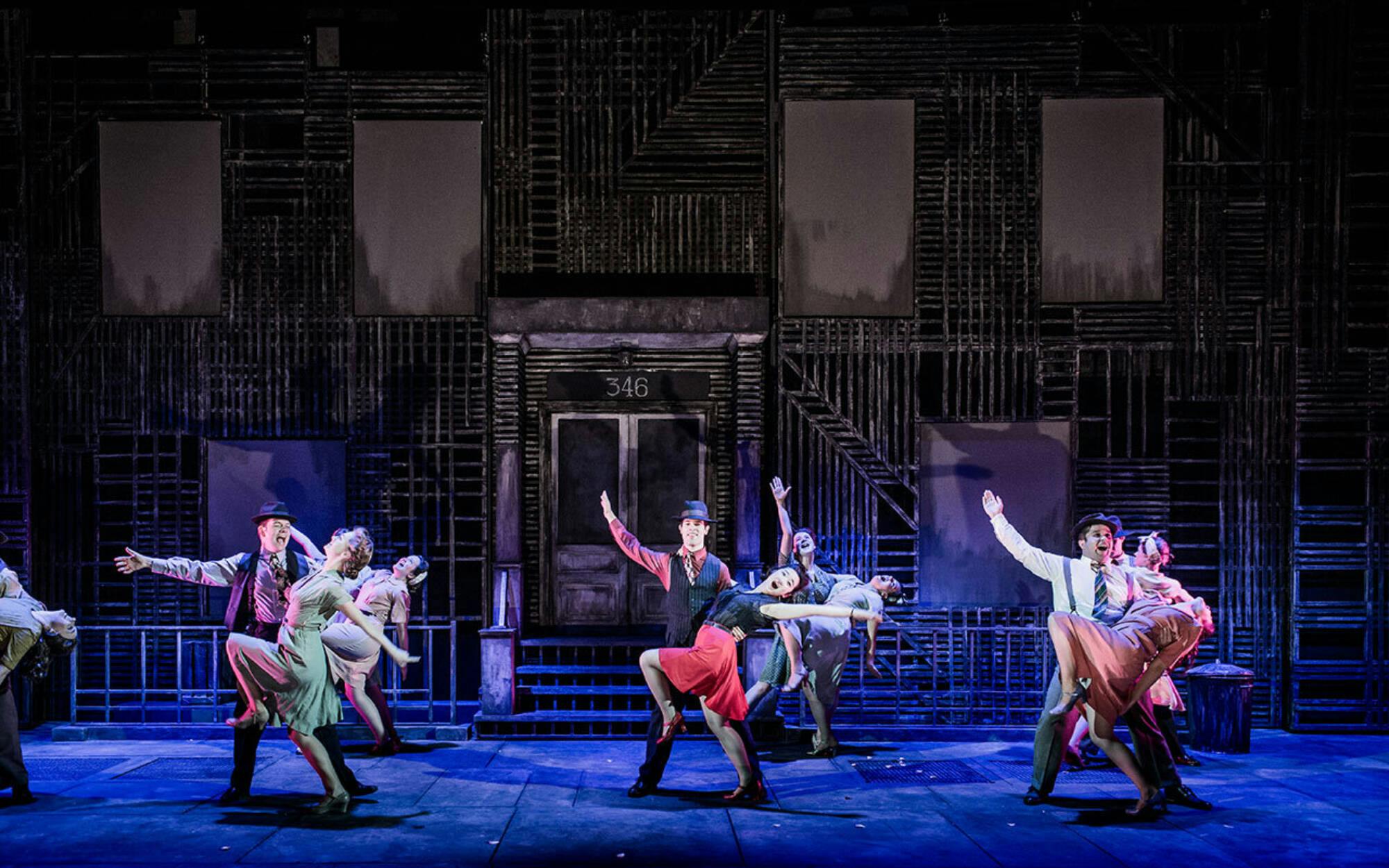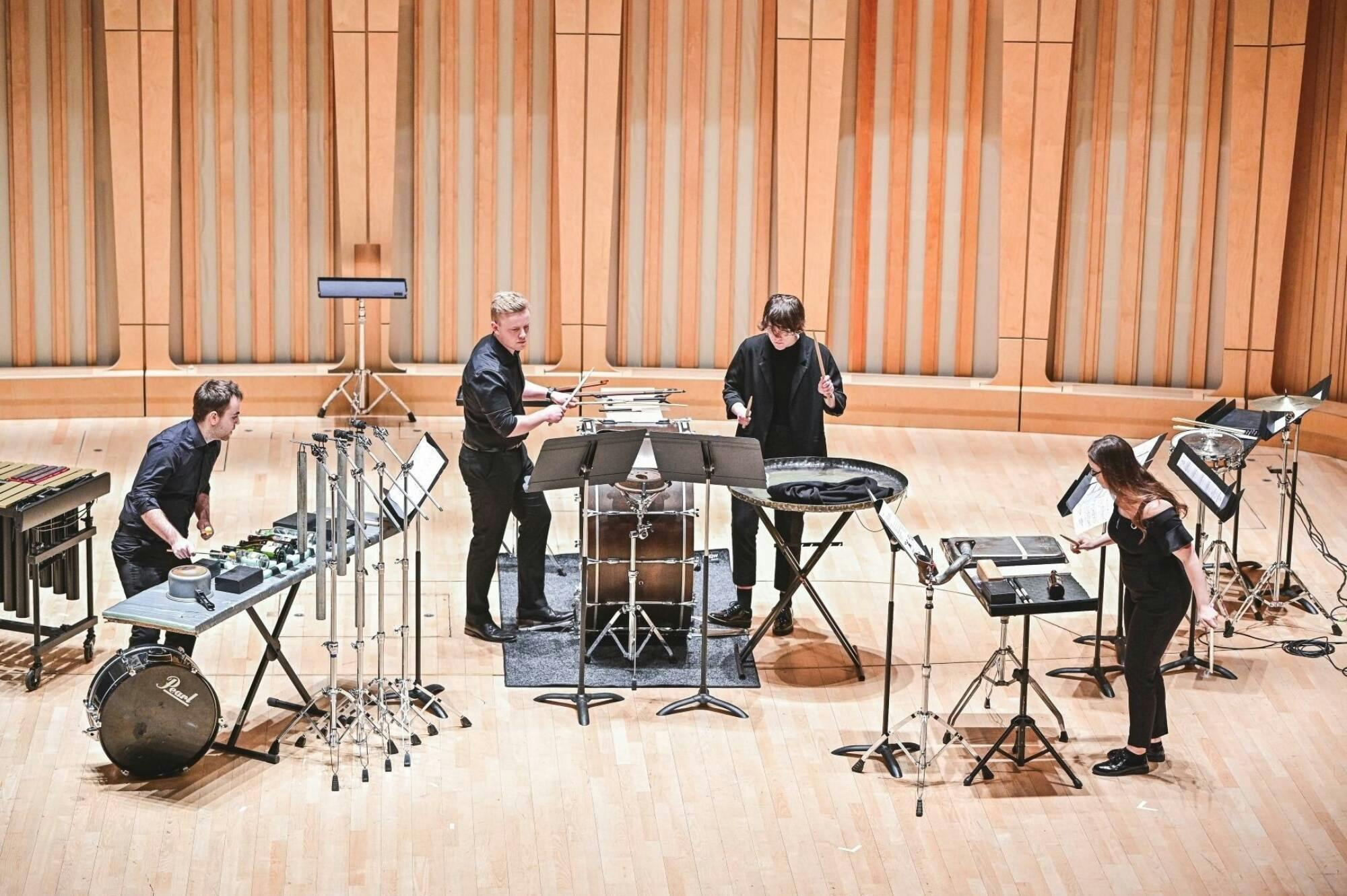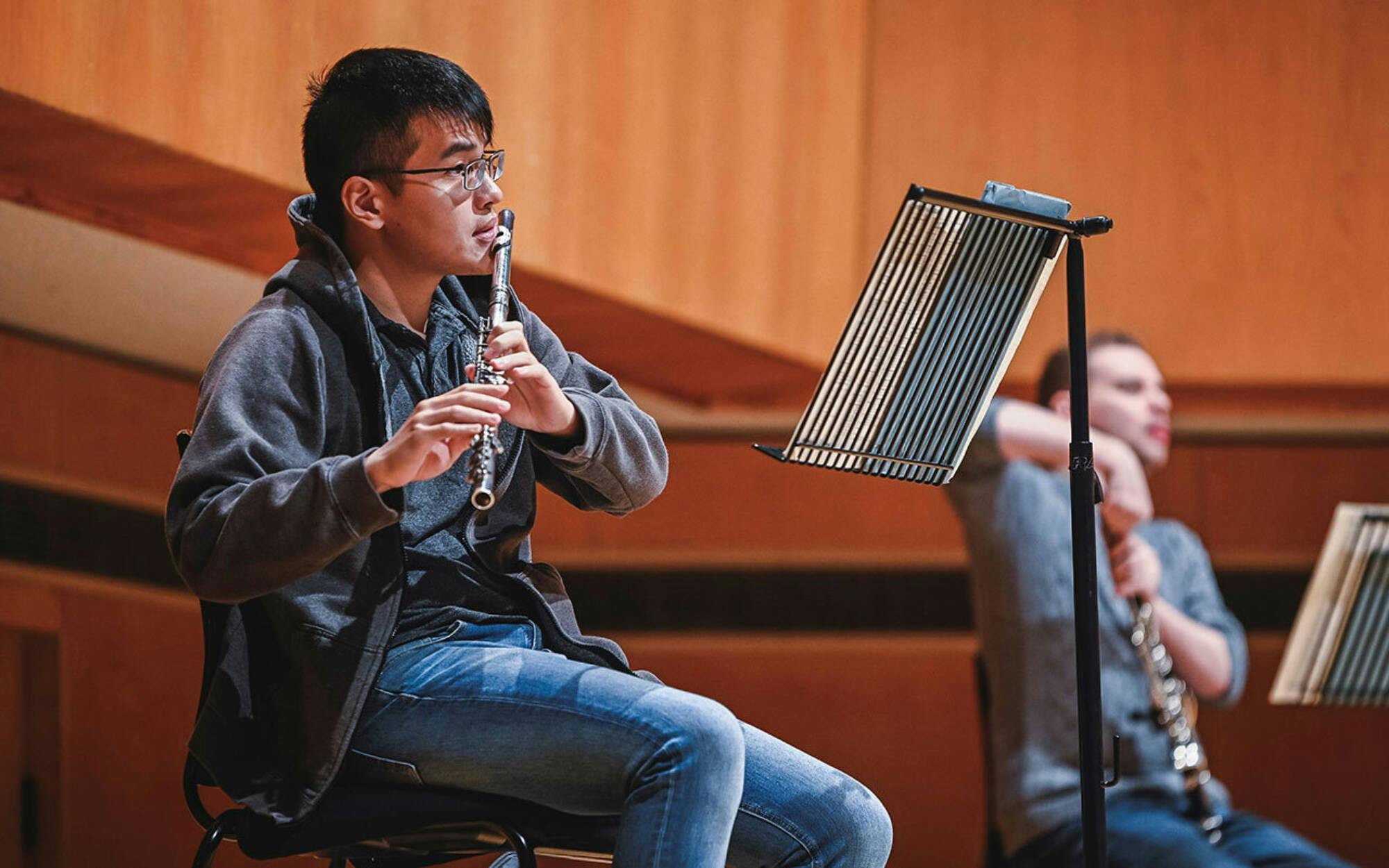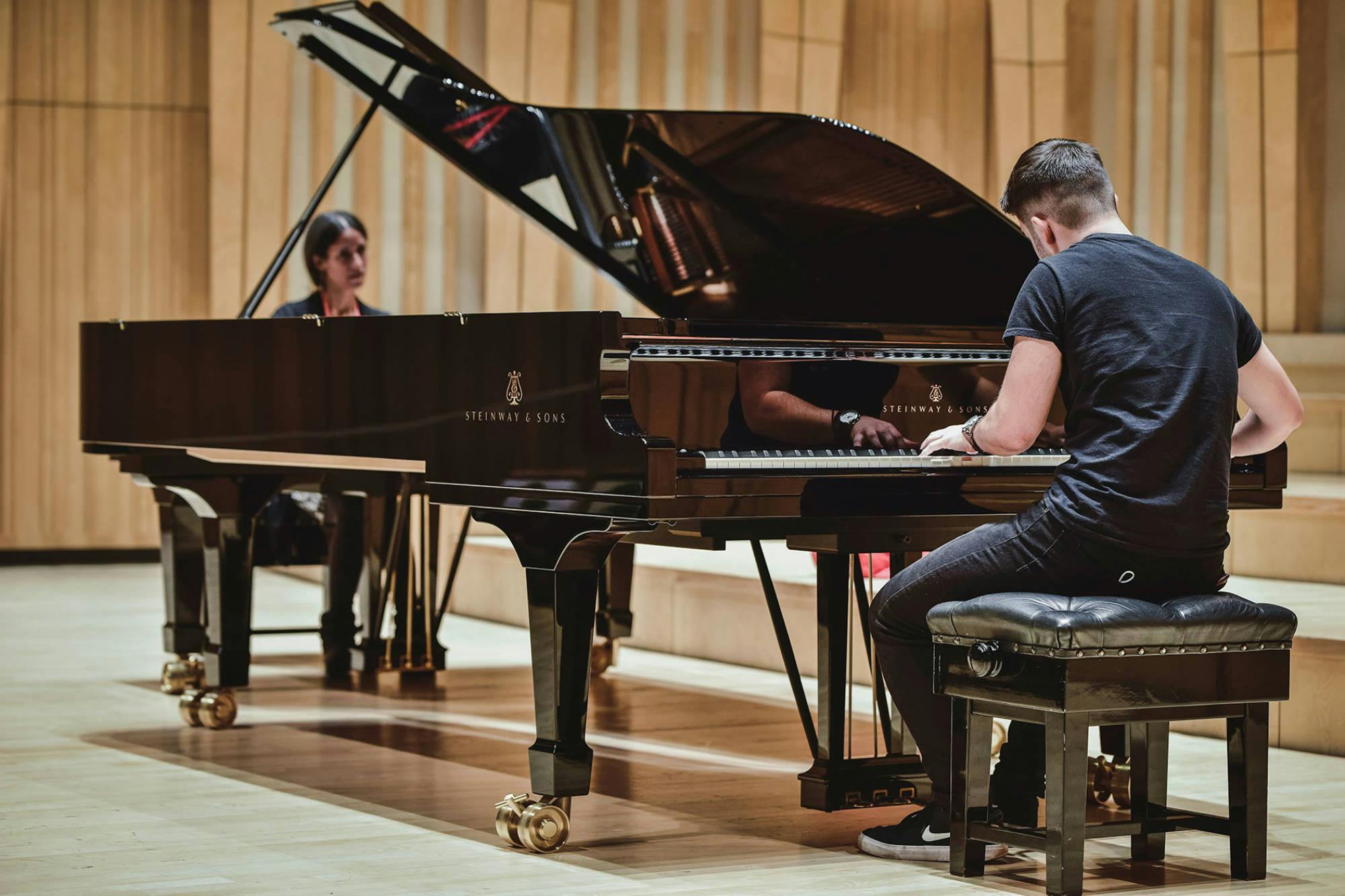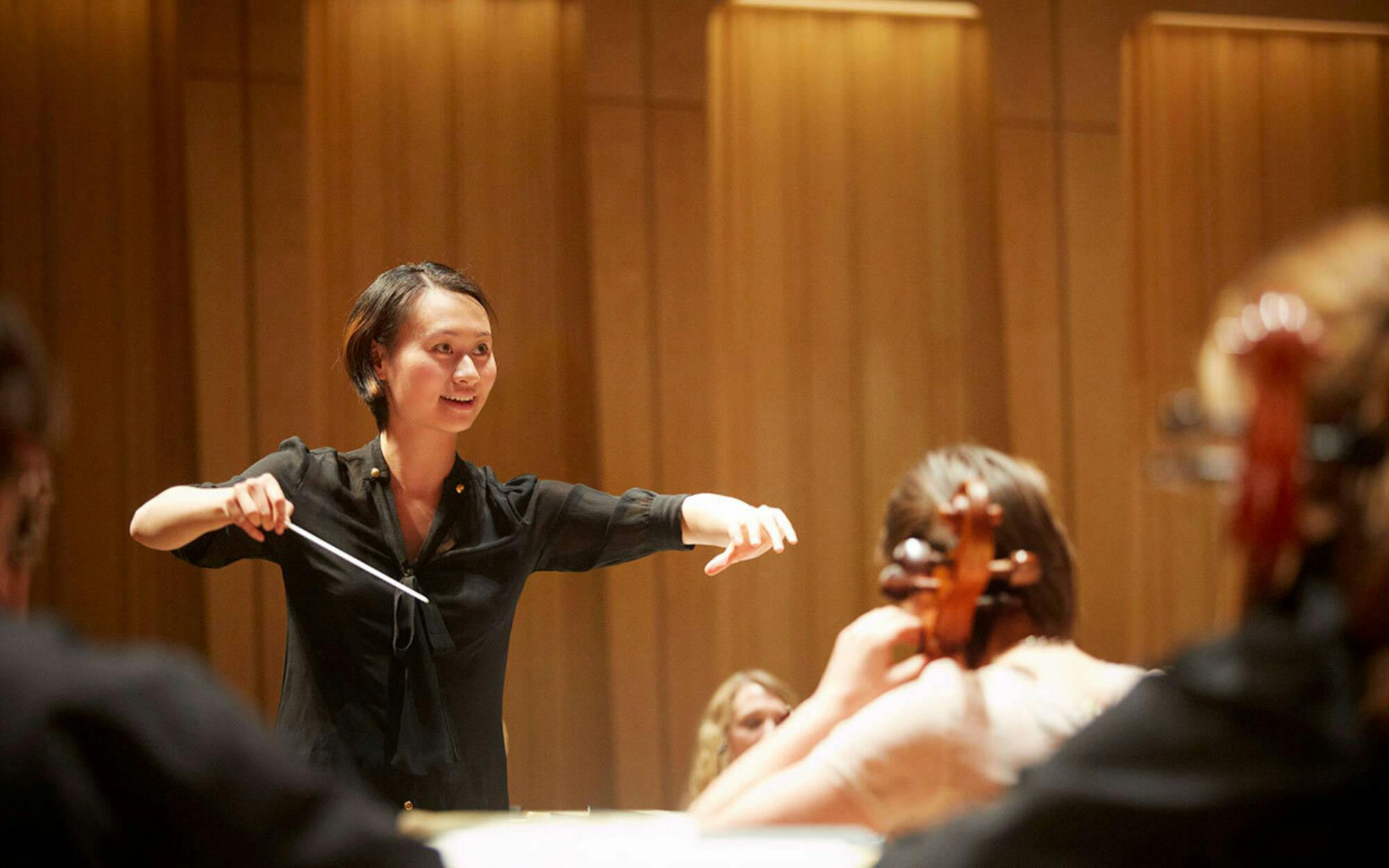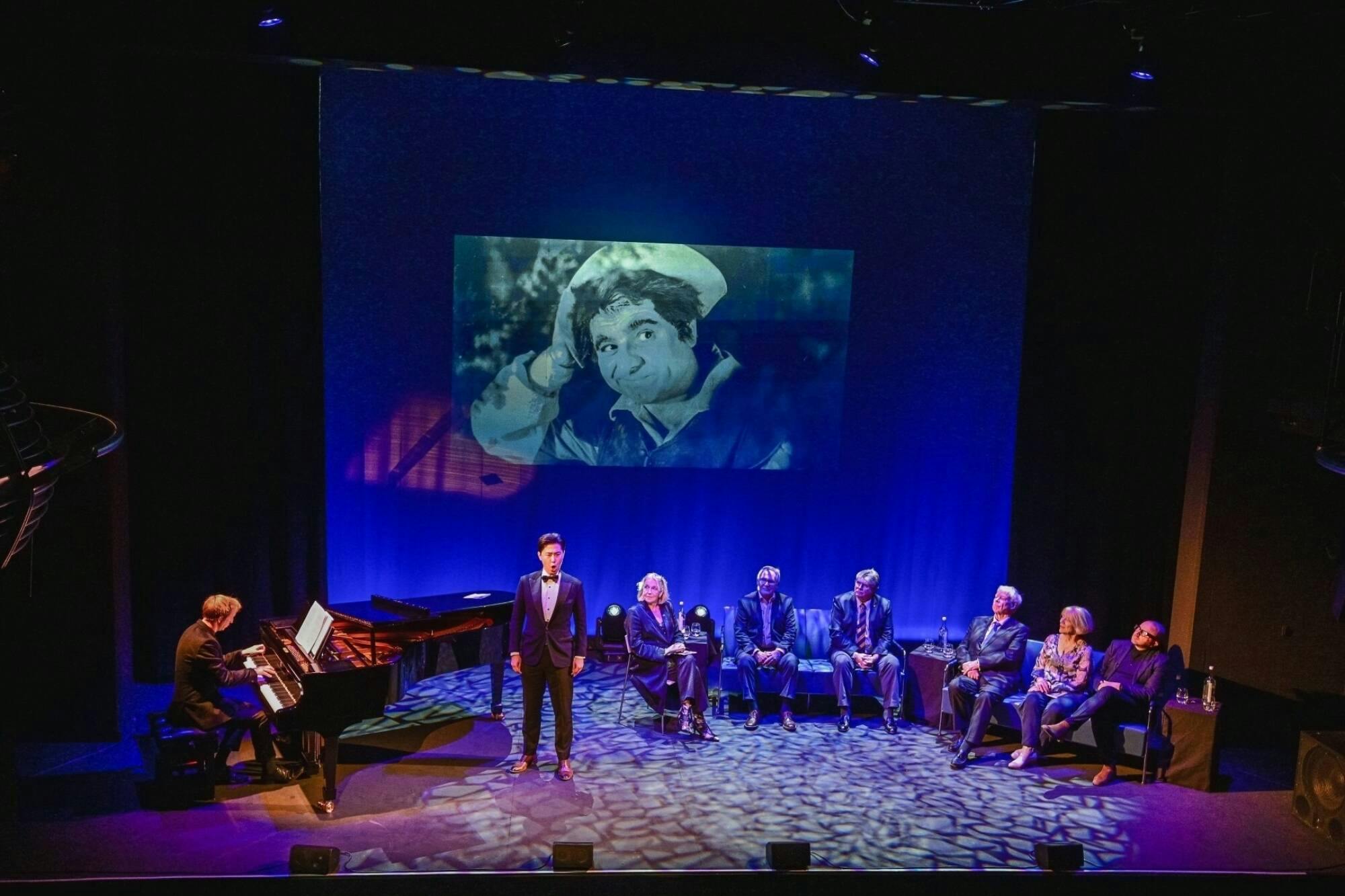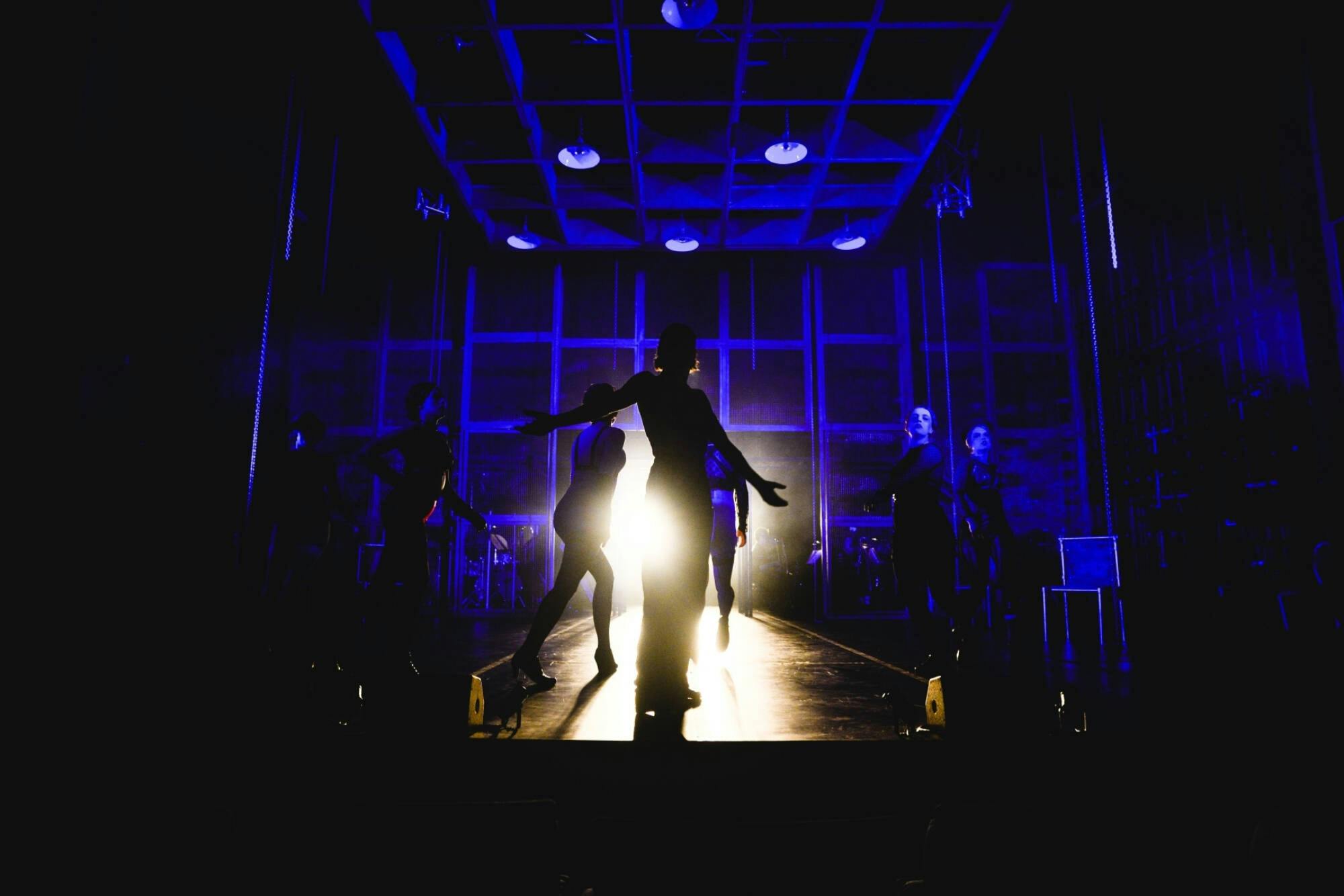

Musical Theatre
There are two stages of the audition process for the BA (Hons) Musical Theatre and MA Musical Theatre. First round auditions will take place online. Recall auditions will take place in person at RWCMD in Cardiff.
Feedback
Due to the large numbers of candidates attending our acting auditions, we regret that we are unable to provide individual feedback. The decision of the panel is final.
Advice to candidates
The College places a high value on:
- The ability to ‘inhabit’ and understand character.
- Willingness to take risks.
- Generosity in working with others.
- Technical and expressive ability in voice, movement and singing.
- An active interest in theatre and related performing arts.
- Life experience – we encourage applicants from a wide age range.
We also make the following specific recommendations:
- Make sure that you are secure in remembering the pieces you select.
- Avoid using an accent other than your own.
- Avoid telephone speeches.
- Do not use props.
- Enjoy the experience!
Preparing for your self-tape audition
- Please ensure you record your audition in a suitable space and try to make your background as plain as possible. You may like to create a little space in your set up, to allow you to move around without leaving the shot.
- Please avoid using overly resonant rooms, for example bathrooms. These can make it difficult for panels to hear you clearly.
- Please be sure that you are lit well and that your recording device is placed on a tripod or flat surface at your eyeline.
- Please set up your camera so that we can clearly see you from the waist up during your songs and speech.
- You can submit your audition in one long recording or as separate files, but each component should be recorded in one take.
- Don’t forget about the lighting: Where possible, please make sure that the light is directed from the front or the sides. For example, if you are sitting with a window behind you, you will disappear, and the video will appear dark and fuzzy. It is equally important that we see your performance as well as hear it.
- Think about (and test) the sound: Test out a few distances (both of the accompaniment and any microphone you may use) to find out what works best for you. Start at five to six feet away and adjust from there. It will differ depending on location and the recording/playback devices being used. Recording equipment or external microphones for iPhone/Android can be used to help improve audio quality, however, they are not necessary. Minimize the background noise. Think about the time of day and location when you can exert the most control over what’s happening in the background. Sound bounces off hard surfaces which can create an unwanted echo. Avoid large, empty rooms. At home, blankets, pillows, and curtains are all effective ways to absorb the sound.
- Check your battery and storage: Before you commence recording, please check that you have sufficient memory and battery life. Nothing is more upsetting than losing the perfect take because the camera stops rolling.
- We are aware of the challenges presented by recorded submissions and our panellists will be instructed to allow for issues beyond the control of the applicant when watching and assessing the video. The following list is not exclusive but indicates the type of area that might be affected through video submission, and thus will be taken into consideration:
- Time delays between sound and image
- Instrumental/vocal sound quality
- A piano that is out of tune, or not of particularly good quality (including use of an electric keyboard)
In addition, if your best take includes a minor domestic interruption (e.g. siren in the background, someone passing through the shot), please know that the panel is able to disregard this, so don’t sacrifice that version.
If you have a disability and/or have particular needs, please contact us directly to ensure that we are able to make any necessary arrangements in time for your audition.

BA (Hons) Musical Theatre
